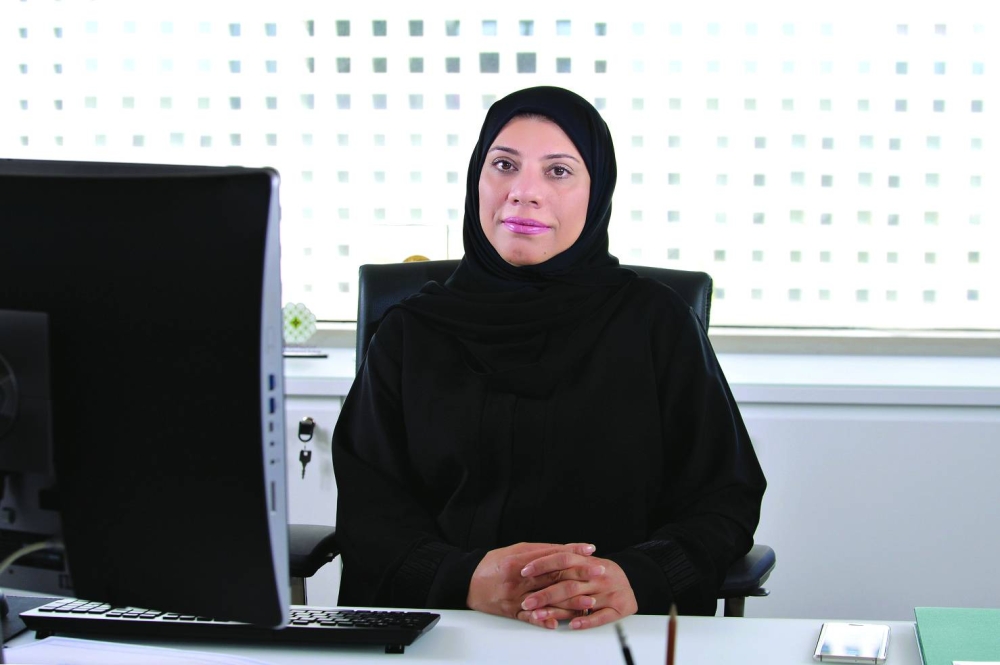The WISH 2024 edition, taking place from November 13 to 14 in Doha, will have the main theme, ‘Humanising Health: Conflict, Equity, and Resilience’, a statement said Monday.
WISH, a member of Qatar Foundation (QF), in collaboration with the WHO are developing a report on protecting health in armed conflict, presenting the most recent trends in attacks against healthcare facilities and workers with a focus on the scale, nature, and distribution of these attacks.
The report will also propose mechanisms for the protection of healthcare in armed conflict, looking at existing legal frameworks such as International Human Rights Law, and accountability measures including the criminal prosecution of atrocity crimes, and UN accountability mechanisms.
The report will also provide policy recommendations for the prevention, mitigation and accountability of these crimes from a global, regional, and national perspective.
Maha El Akoum, acting director of Research and Content at WISH, said: “This year’s alarming rise in attacks against healthcare workers and facilities underscores the pressing need for a transformative response to safeguard health in conflict zones. Health workers, who are at the centre of our health systems, are disproportionately affected by violence, often working under perilous conditions with overwhelming workloads and scarce resources, all while worrying about the safety of their own families.
“The unprecedented number of abductions, detentions, and arrests of health workers and patients severely disrupts healthcare access and delivery, with many health workers even migrating out of the area under the imminent threat of attack. In addition, this violence has a profound impact on the mental health of healthcare professionals, impacting their ability to serve in the long term.
“As families bear the brunt of these crises, psychologically and socially, it is imperative that we mobilise governments, UN agencies, and civil society to protect not only medical services but also the very fabric of family life. Together, we can forge a future where health and safety are recognised as fundamental rights for every individual and family, even in the most challenging environments,” said El Akoum.
While a study by QF’s Doha International Family Institute (Difi) titled “Wars, Conflicts, and Their Impacts on Arab Families” highlights that despite the current situation in Palestine, Yemen, Syria, Lebanon, and other Arab countries, the Arab family continues to exemplify values of compassion and solidarity, and provides care for children and the elderly.
“During peaceful times, every individual in the family has their role and responsibilities clearly defined,” Dr Sharifa al-Emadi, executive director of Difi, says. “However, in times of war, when educational and healthcare facilities are attacked and families are directly targeted, the weight of the responsibilities of parents in providing protection and care for their children or the elderly becomes enormous and extremely difficult.
“Consequently, the percentage of children deprived of education and the sick who can no longer access treatment rises, which impacts the extended family that becomes fragmented and dispersed in different locations as its members seek protection.”
Dr al-Emadi said that researchers have noted that during the war on Gaza, with entire families being wiped out and their members martyred, many children find themselves alone, leading to the emergence of the phenomenon of these children being taken in by families with no blood relation to them. New families formed from individuals with no ties to one another based on the instinct to belong to a family.
“This emphasises the role and importance of the family in overcoming suffering and providing a sense of protection that comes from belonging to a family,” she notes.

Dr Sharifa al-Emadi

Maha El Akoum
